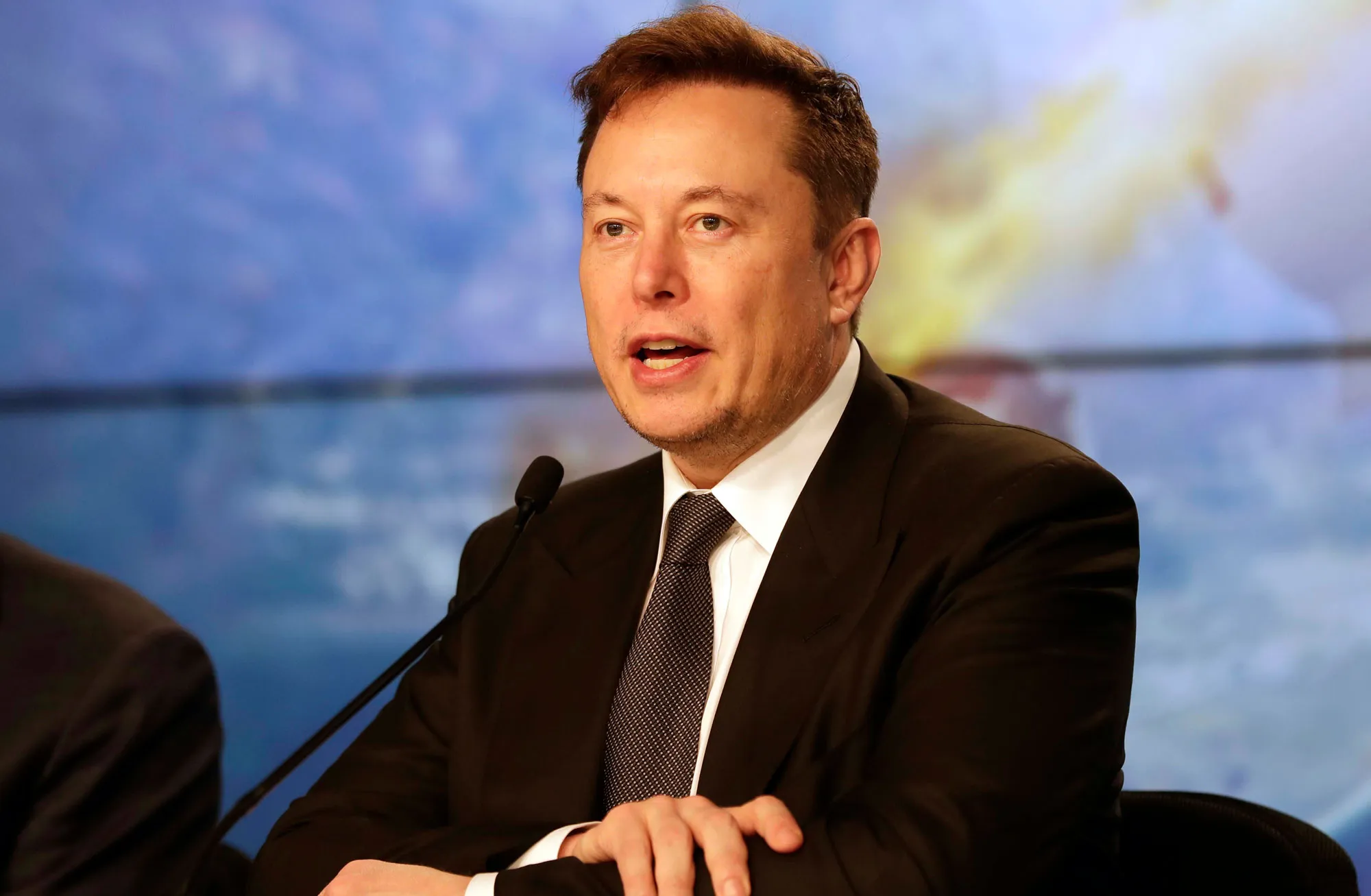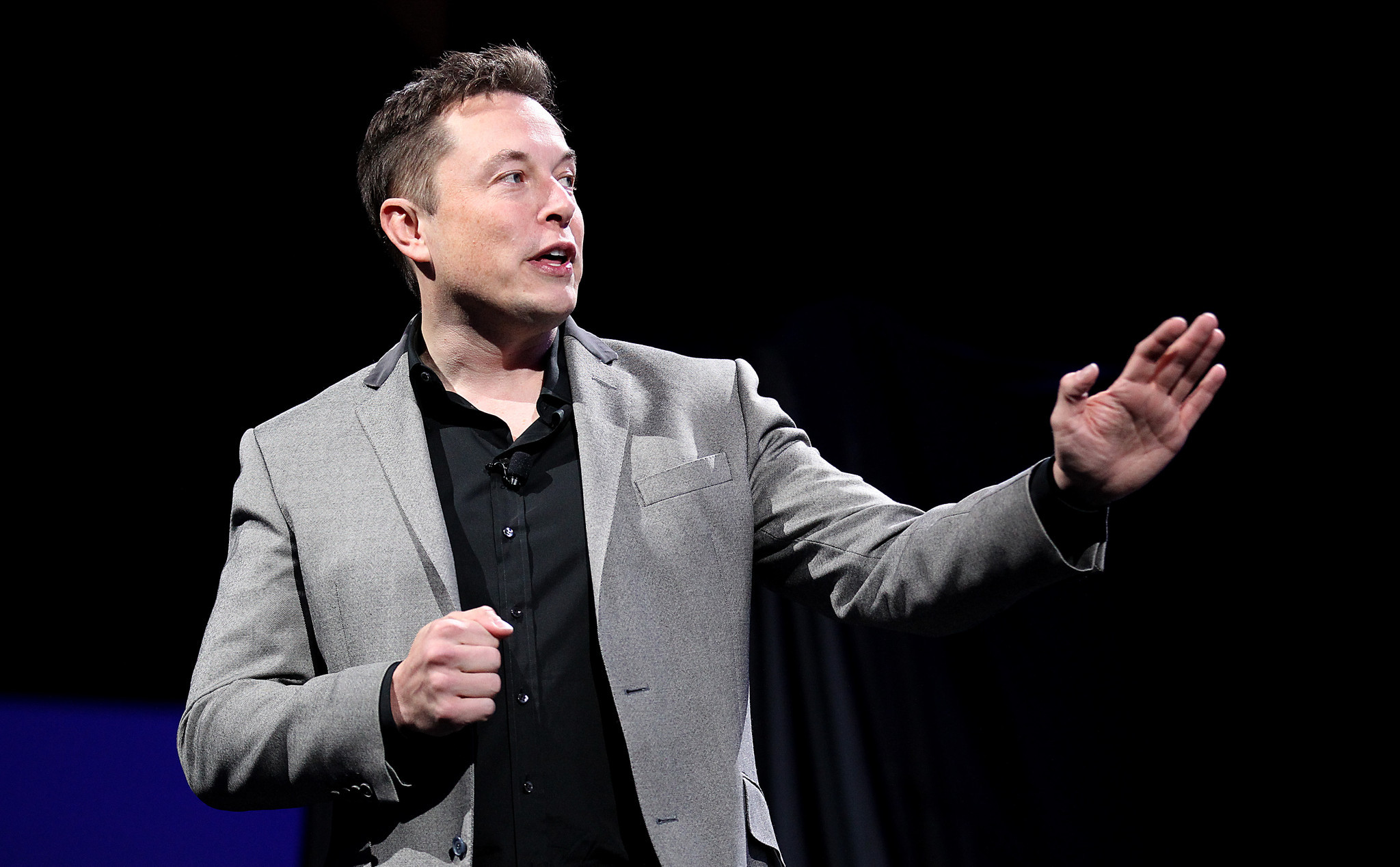In a move that has sent shockwaves through the business and tech communities, Elon Musk, the visionary CEO behind Tesla, faces the possibility of losing his title as the world’s richest person. This comes after a Delaware judge ruled against Musk’s massive $56 billion compensation package from Tesla, deeming it excessive in light of a lawsuit brought forward by Tesla shareholder Richard Tornetta.

Elon Musk: The Lawsuit That Shook Tesla
Richard Tornetta’s lawsuit, filed five years ago, challenged the historic executive compensation package granted to Elon Musk by Tesla, accusing the company of enriching its CEO unjustly. The lawsuit argued that Tesla’s board breached its fiduciary duty and lacked independence, with allegations that Musk had a heavy hand in the negotiations.
Despite Tesla’s directors defending the package as crucial for ensuring Elon Musk’s focus on the company, Judge Kathleen St J McCormick found the defense insufficient. The judge’s skepticism centered on whether the compensation plan was truly necessary for Musk to remain dedicated to Tesla and help it achieve its ambitious goals.
The Consequences of the Ruling
Should the ruling stand without being overturned on appeal, Tesla will be compelled to negotiate a new deal with Musk. Such a development could significantly impact Musk’s net worth, potentially reducing it from $205 billion to around $154.3 billion, thereby altering his status as the wealthiest individual globally.

Elon Musk’s Vision and Ultimatum
Elon Musk’s motivation for the hefty compensation package extends beyond personal wealth; he has stated that the funds are intended to support interplanetary travel, specifically human missions to Mars. Moreover, Elon Musk recently issued an ultimatum to Tesla, demanding an increase in his ownership stake to 25% or threatening to scale back the company’s advancements in AI and robotics. This ultimatum was tied to the delay in receiving a new compensation plan, pending the outcome of the Tornetta lawsuit.
The Potential Move to Texas
In the wake of the court’s decision, Elon Musk took to Twitter/X, expressing his dissatisfaction with incorporating in Delaware and suggesting a potential move of Tesla’s state of incorporation to Texas, where its physical headquarters reside. This statement has sparked discussions about the implications of such a move for Tesla and whether it might offer the company and Musk a strategic advantage.
In 2018, Tesla $TSLA was worth just under $60 billion. They signed a 10-year CEO extension & compensation deal with @elonmusk , which offered him *zero base compensation*, but up to $55 billion in compensation if, and only if, he could more than *10x the company's value* to $650… pic.twitter.com/wtDhwop3sT
— Stock Talk (@stocktalkweekly) January 31, 2024
What Lies Ahead for Tesla and Elon Musk
As the situation unfolds, the tech and business worlds are keenly watching to see how Elon Musk will respond to the court’s ruling. Whether he will appeal the decision or if Tesla’s board will present a new compensation package remains to be seen. Meanwhile, Musk’s contemplation of relocating Tesla’s incorporation to Texas introduces another layer of complexity to an already intriguing narrative.
The controversy surrounding Elon Musk’s compensation package with Tesla underscores the intricate balance between executive remuneration and corporate governance. As Tesla navigates this challenging terrain, its decisions will undoubtedly have far-reaching implications for the company’s future and the broader tech industry.










